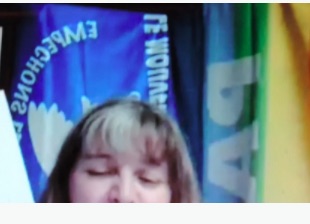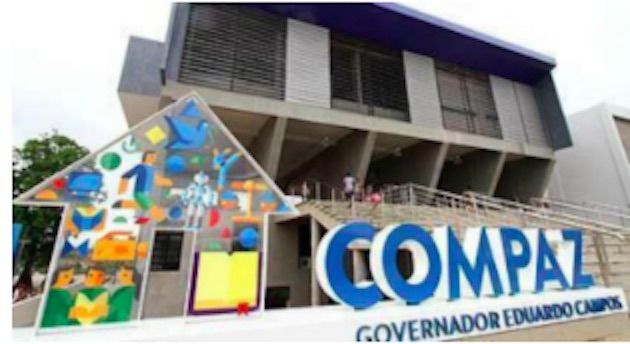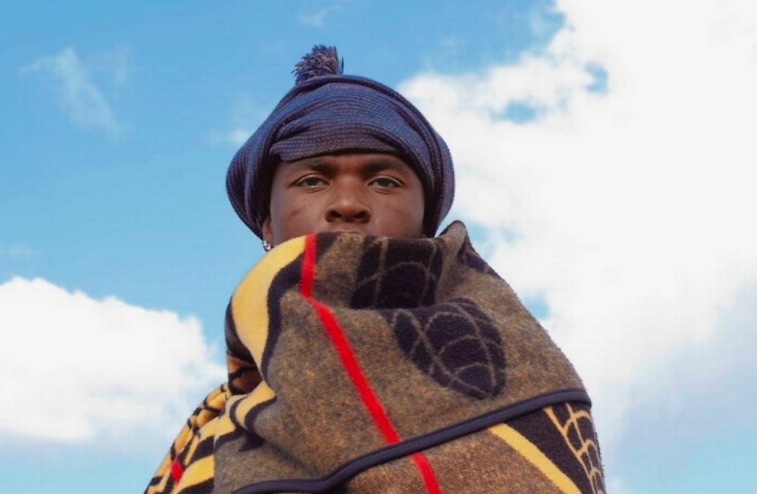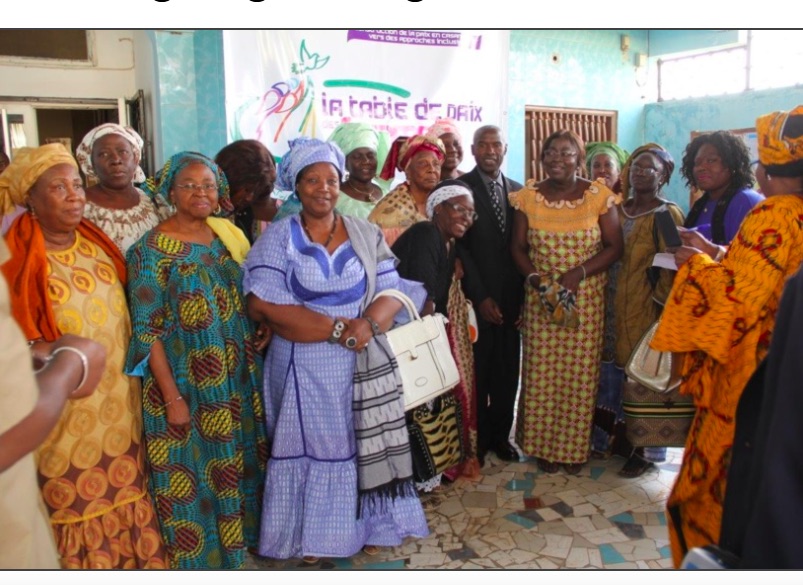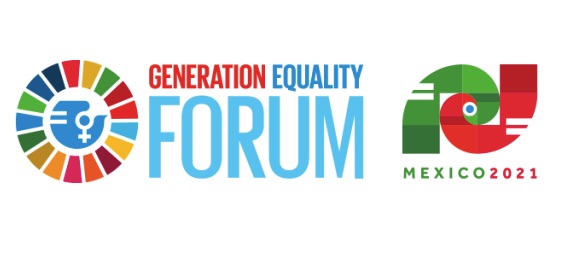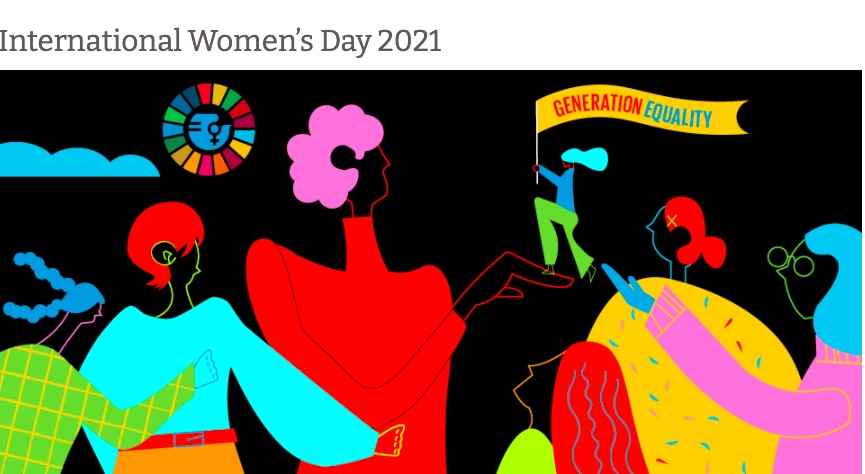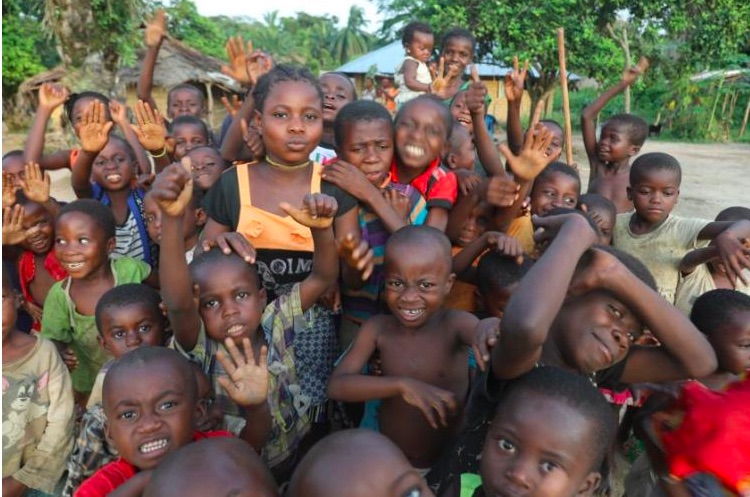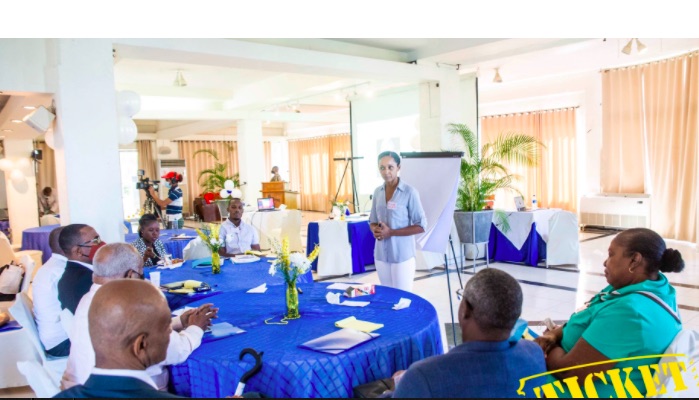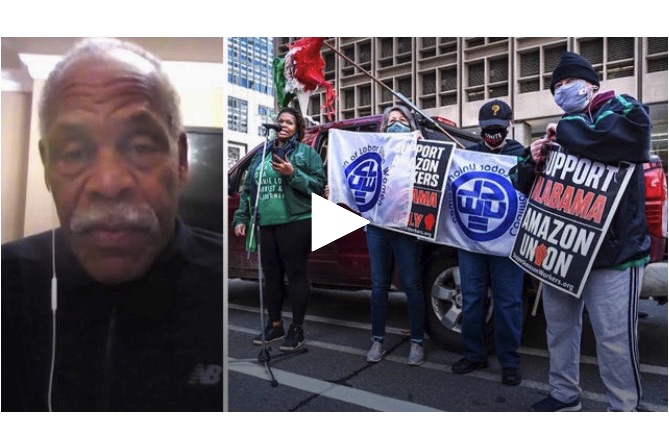EDUCATION FOR PEACE .
An announcement from Drawing on Earth
Hi Everyone, we have a new exciting big project in the mix. It’s so big we need your help, we are inviting you and the rest of the world to be part of it.
Earth Day April 22, 2021 – founder and creative director of Drawing on Earth – Mark Lewis Wagner will be attempting to set a new Guinness World Record for the largest chalk street art drawing. We have a story being birthed about imagining a climate changed, about a world creating together, about the future being a place of dynamic balance for everything.

(Click on image to enlarge)
A Creative Challenge to the World
While this is happening we are putting out a Creative Challenge to the World to be part of this Global Story. Draw, paint, dance, music, poetry, use any medium. Set your own personal world record for your largest creative expression. We’ll use FaceBook to create a gallery for everyone to share our work.
The present time of covid isolation and talk of climate change are hard on everyone, it’s especially hard on our youth. They are afraid of something they can’t see, afraid of their future, afraid for the world that they are inheriting. Adults saying, “you young people figure it out, we sure did leave you a mess” is not helpful. That’s a heavy burden, suicides are up with kids around the world for not having a reason to live – that’s OUR PROBLEM to be creative with.
What do we need now on the planet? We asked the Earth what it needed. Imagination, not the frilly stuff but the visionary powerful real imagining that makes the future happen. That’s how we put humans on the moon, made cars, cell phones, how we handled other pandemics – we imagined these first.
(continued in right column)
(continued from left column)
The Earth said it needs humans to basically grow up, or grow in. The Earth needs humans to evolve out of their current teenager mind and into our mature beings where we use our intuitions and mystery. We take responsibility for ourselves, for each other, our communities, and the world (another word for this is Initiation).
Let’s imagine the world we want to live in, and in doing so making it happen. Let’s make up a story and an artistic challenge for everyone to participate and feel connected, and then see what happens. A new tribe of creating creators.
Recipe for Success
Here is what we want and need to make it happen.
* For you to make some art on or near Earth Day April 22, 2021
* Get friends and family involved. A friend has already talked to her neighbors and everyone is going to do a chalk drawing in each of their driveways.
* Be part of our virtual team. Email us: info@drawingonearth.org for more info.
* Network to an organization in your community: art centers, schools, school district, PTA council, church, etc. and get them involved.
* Nationally Networking: children’s art museums, museums, art organizations, community organizations, Burning Man, etc..
* International Networking: every continent, countries, UN, UNICEF, etc…
Drawing on Earth
Drawing on Earth is a 501c3 nonprofit that Connects Art and Creativity to Youth and Communities Around the World. In 2008 our first project set a Guinness World Record for the largest pavement art (chalk drawing). We covered 90,000 sq. ft. of pavement (almost 2 football fields) with chalk with the help of 6,000 people, most of them elementary school kids from Alameda CA. We even had a satellite photograph the art. We mainly focus on chalk drawing on streets and school playgrounds. We have drawn on 3 continents and so far worked with 30,000 kids and adults.
